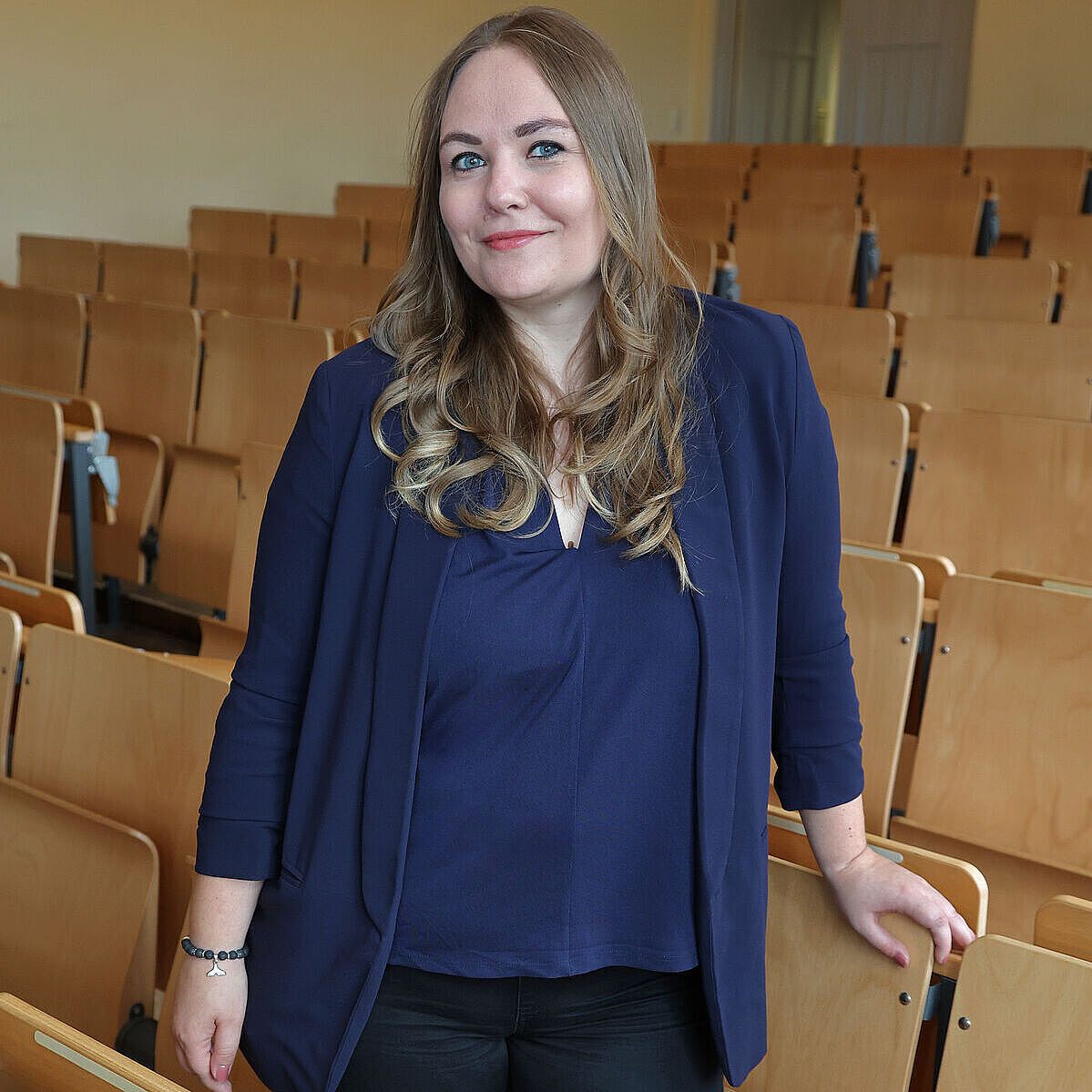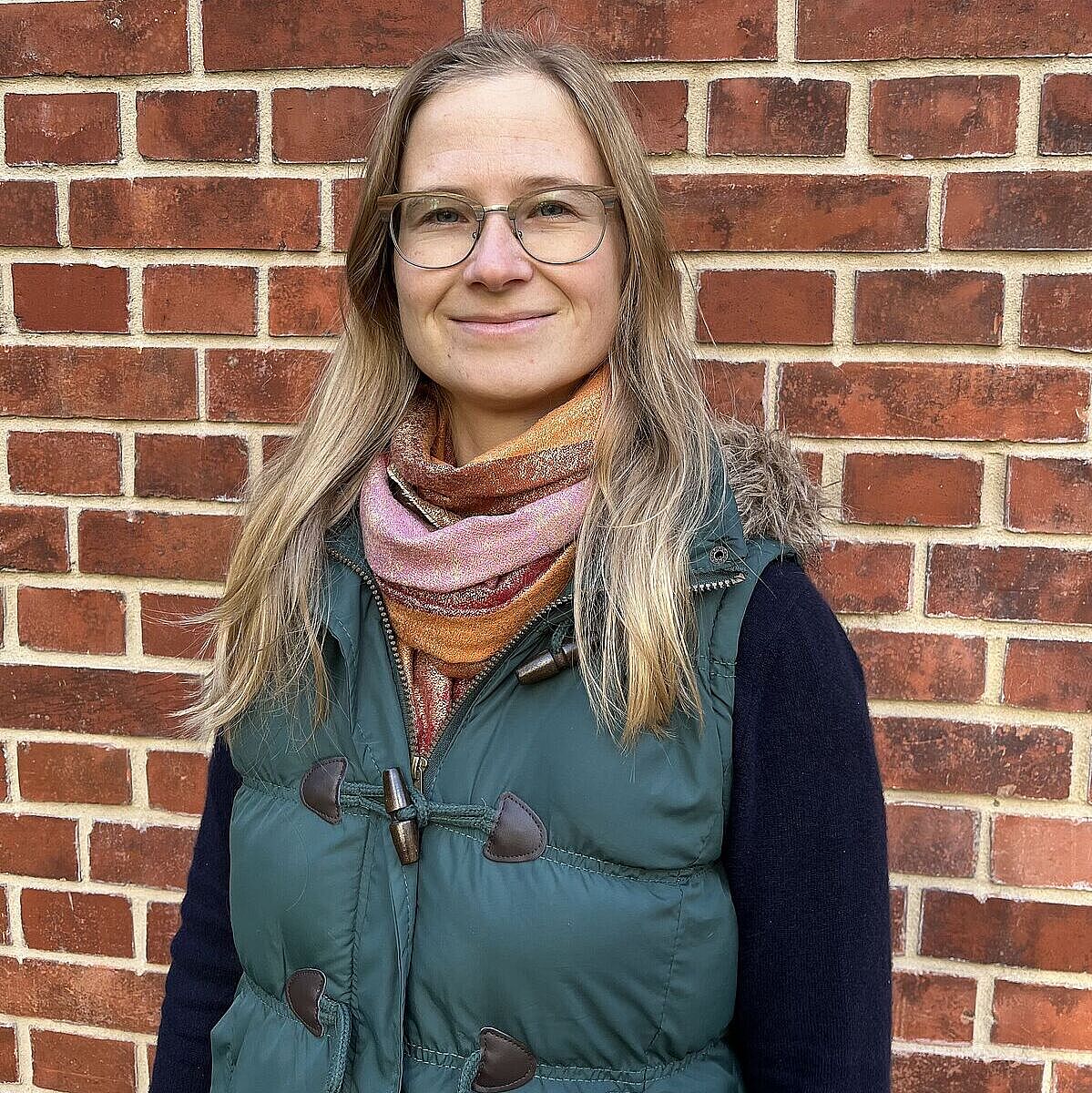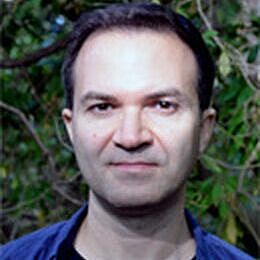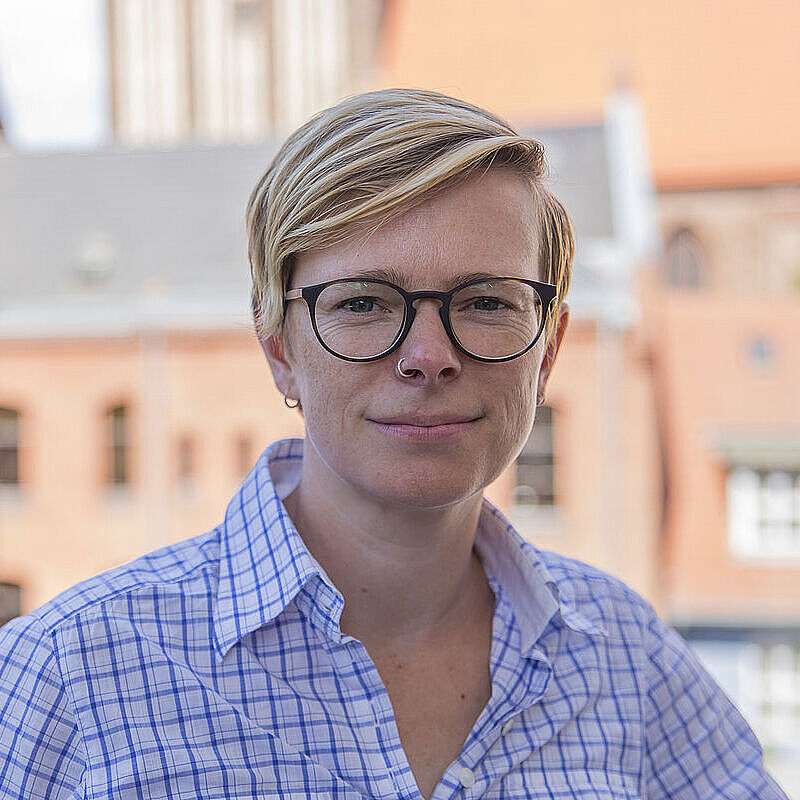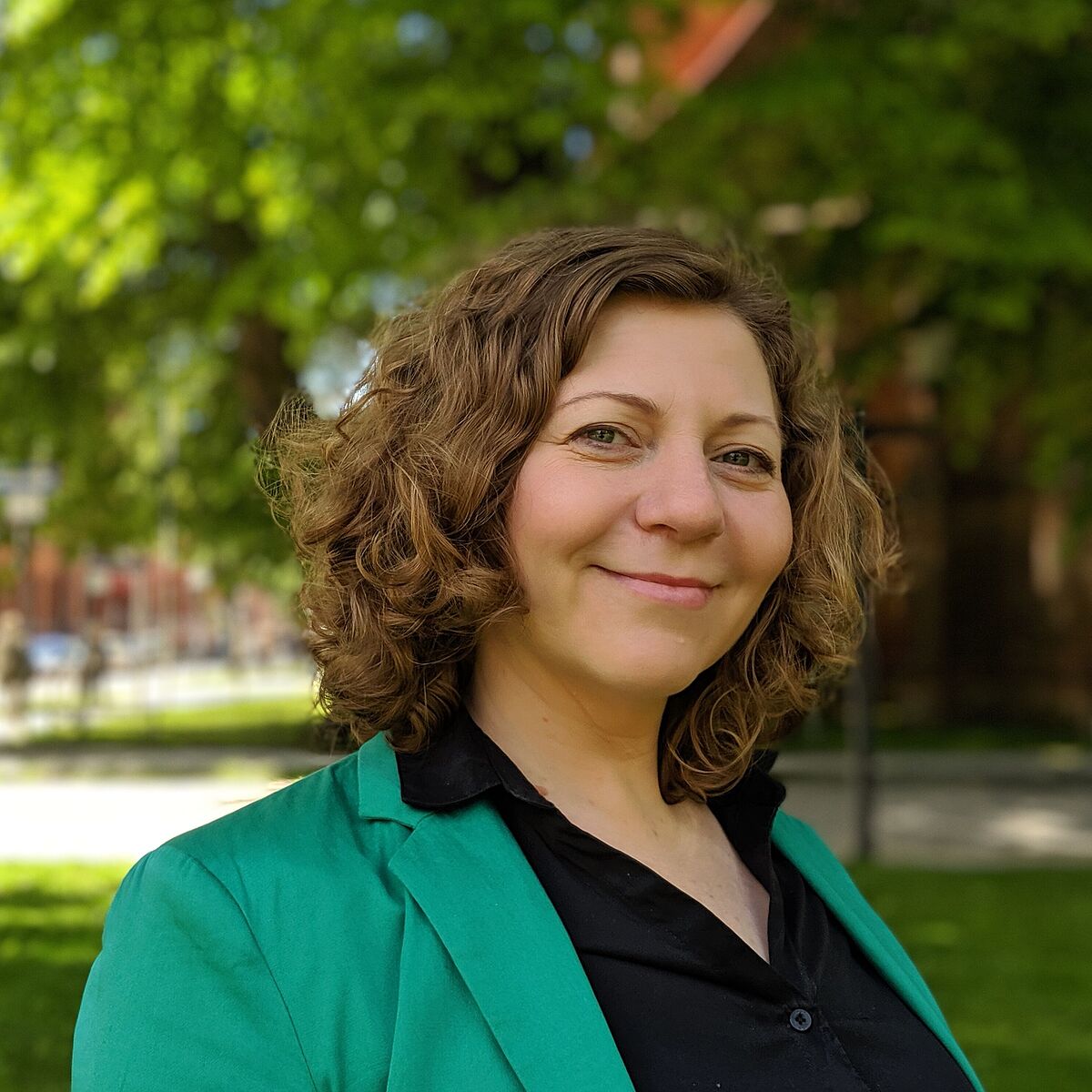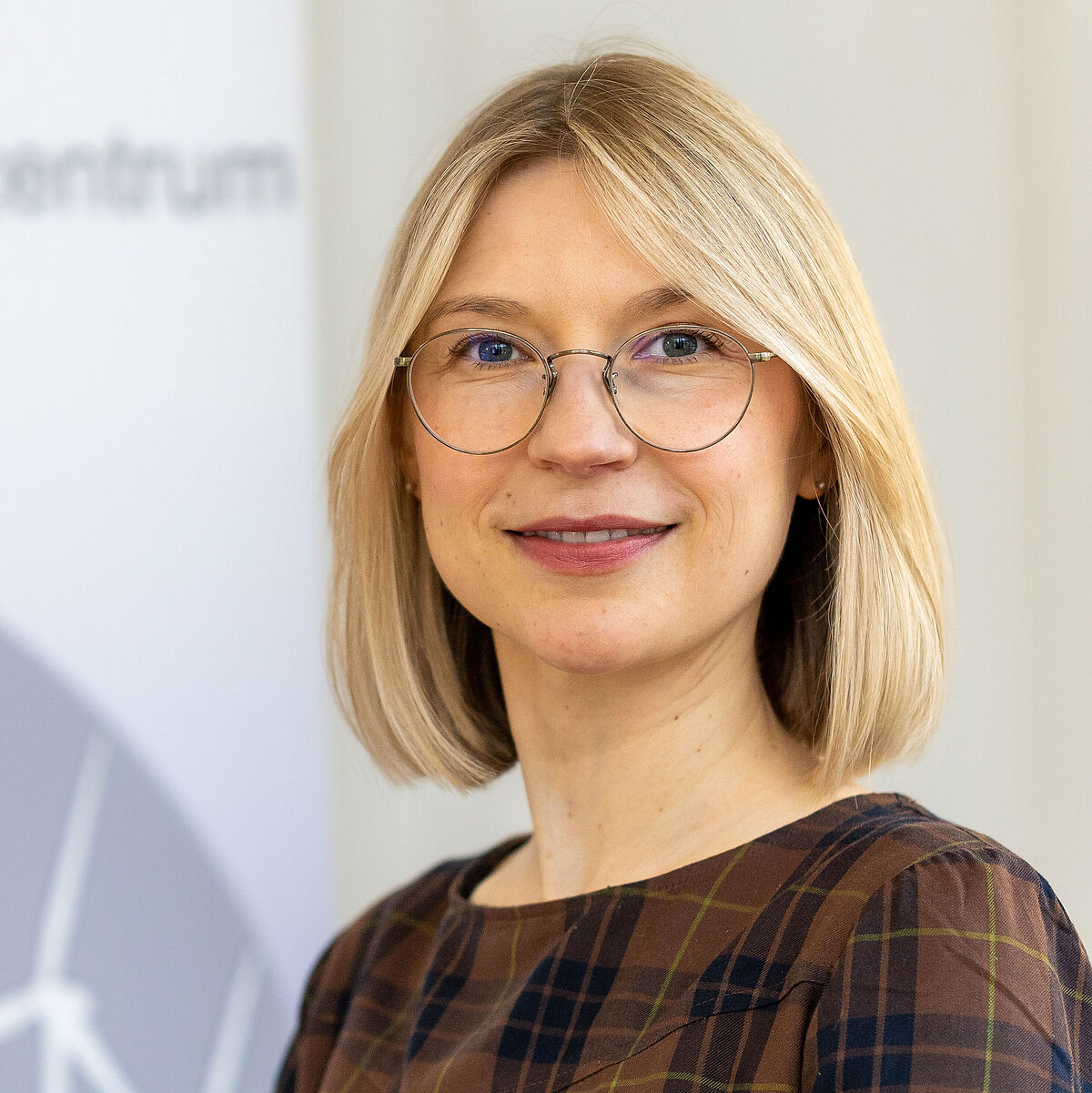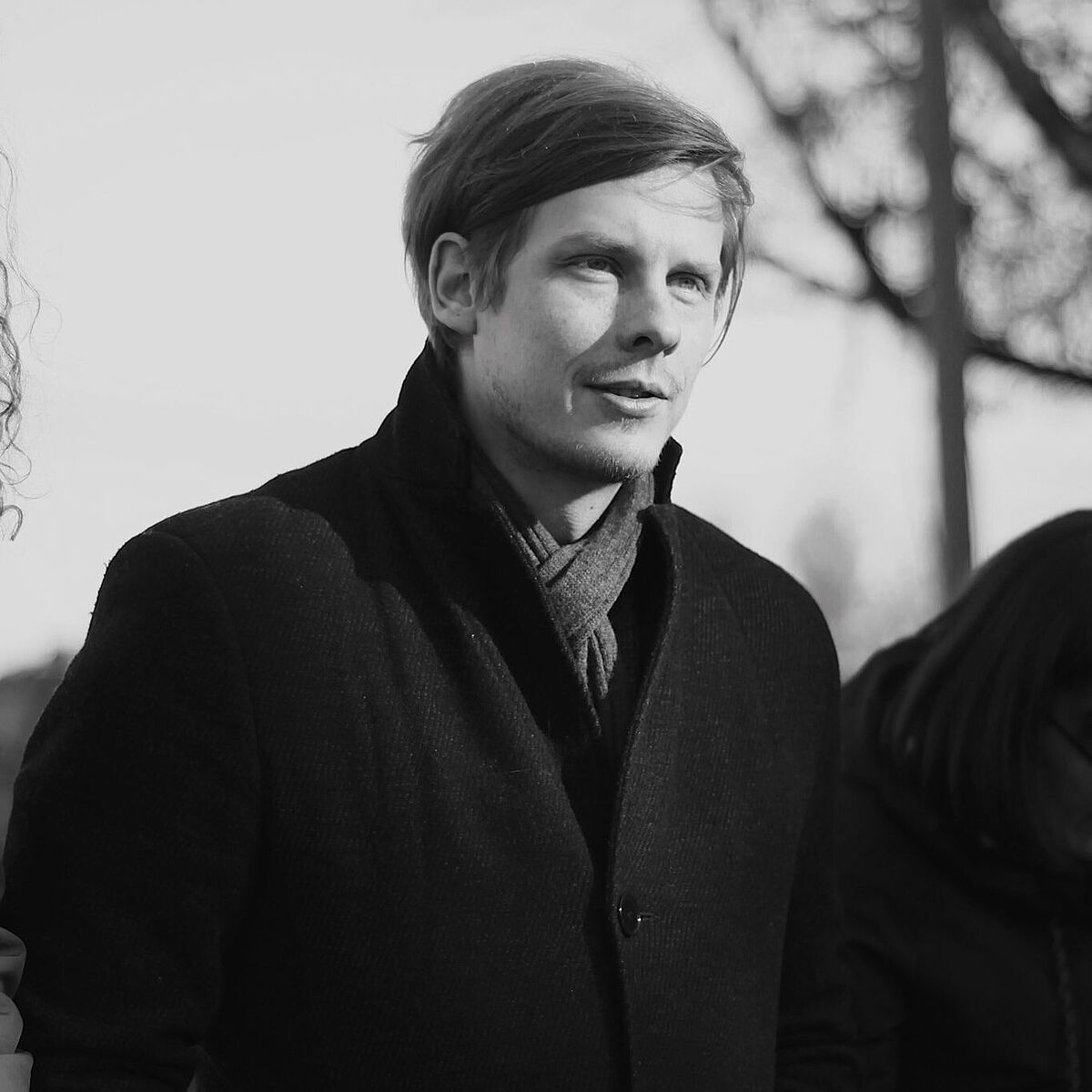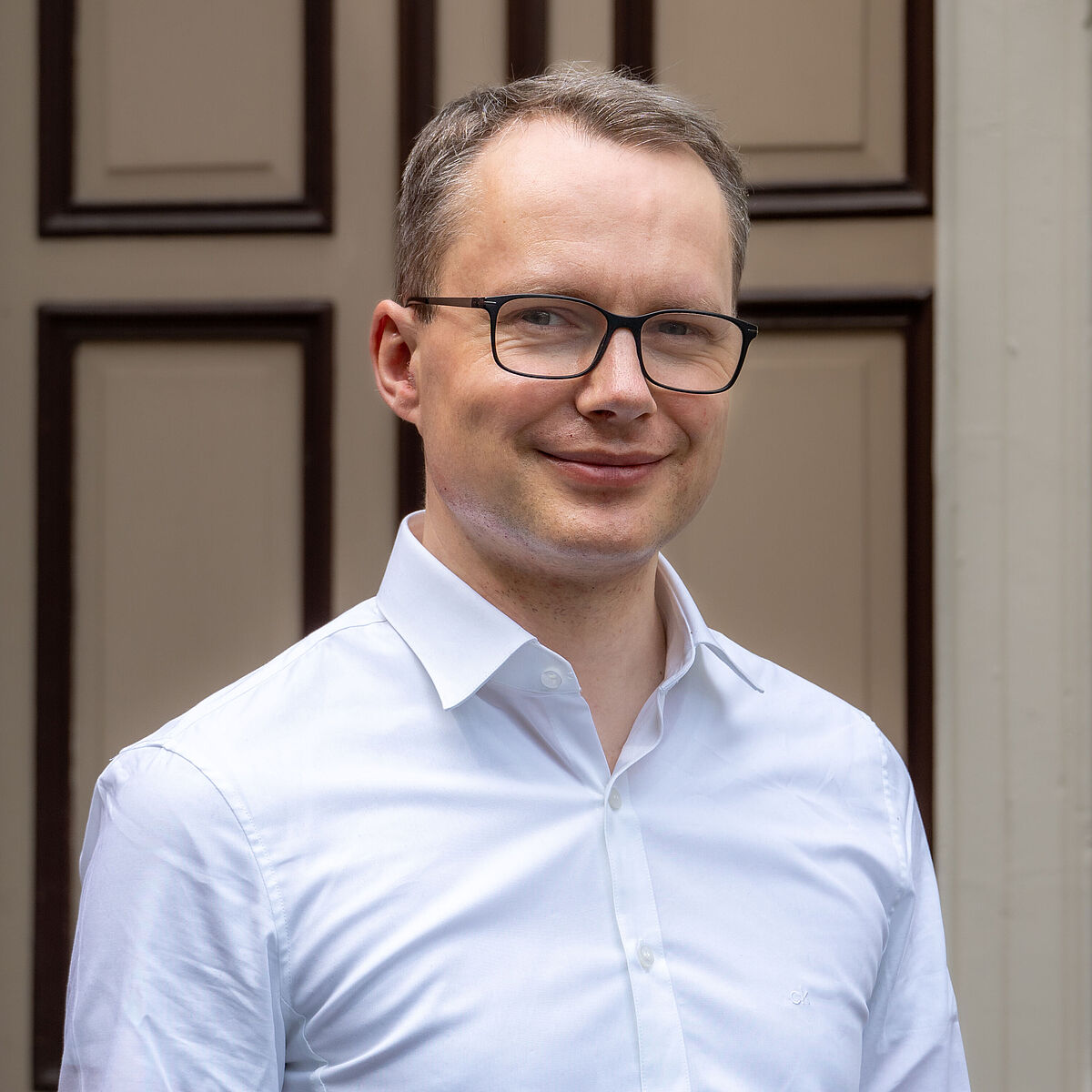Responsibility and financing systems for services of general interest and regional development in rural areas of the Baltic Sea region
This sub-project investigates how different financing systems influence public services and regional development in rural areas of the Baltic Sea region. Particular challenges arise from low population density and limited municipal revenues. The research analyses the distribution of tasks, fiscal transfers and regional development policies and their effects on the security of supply.
Diffusion of innovations in services of general interest using the example of health care (completed)
The sub-project investigates the diffusion of innovations in healthcare in the Baltic Sea region. It analyses how different financing models and technological developments, particularly in the field of e-health, shape public services. It furthermore questions why innovations such as those in Estonia and Denmark are not being adopted everywhere.
The project examines social entrepreneurship in the Baltic Sea region with a focus on rural areas. It analyses how social innovations contribute to overcoming structural challenges. It investigates how social entrepreneurs solve social issues with entrepreneurial approaches and how their impact can be measured.
The project examines policy mobilities in the Baltic Sea region with a focus on rural regions. It analyses the transfer of political knowledge, particularly in the areas of financing, healthcare and entrepreneurship. Influencing factors, barriers and the role of stakeholders are examined in order to improve regional development strategies.
Project managers:
Prof. Dr. Cordelia Heß (until April 2025)
Prof. Dr. Marko Pantermöller
Prof. Dr. Stefan Kessler
The project analyses how right-wing populist and far-right movements in Germany, Sweden, Denmark and Finland use historical events such as the Crusades or the Battle of Tours and Poitiers to construct a common European identity narrative. The focus is on how the “Clash of Civilisations”is ideologically processed in order to present modern nation states as part of an allegedly timeless struggle between Christianity and Islam.
Impact Tool: Sociolinguistic assessment of impact conditions of framing on groups of young speakers in Estonia and Latvia
This work package investigates the receptiveness to new nationalist ideas in Estonia and Latvia, in particular by analysing nationalist framing strategies and their reflection in society. Sociolinguistic methods will be used to determine the awareness of such linguistic constructions in order to draw conclusions about their influence on political acceptance or rejection.
The project, which is supported by the Council of the Baltic Sea States, promotes the examination of discourses on identity formation in the Baltic Sea region. In summer schools and winter schools, students around the world learn about the region’s social horizons of meaning, including cultural memory, mobility, and an understanding of democracy.



